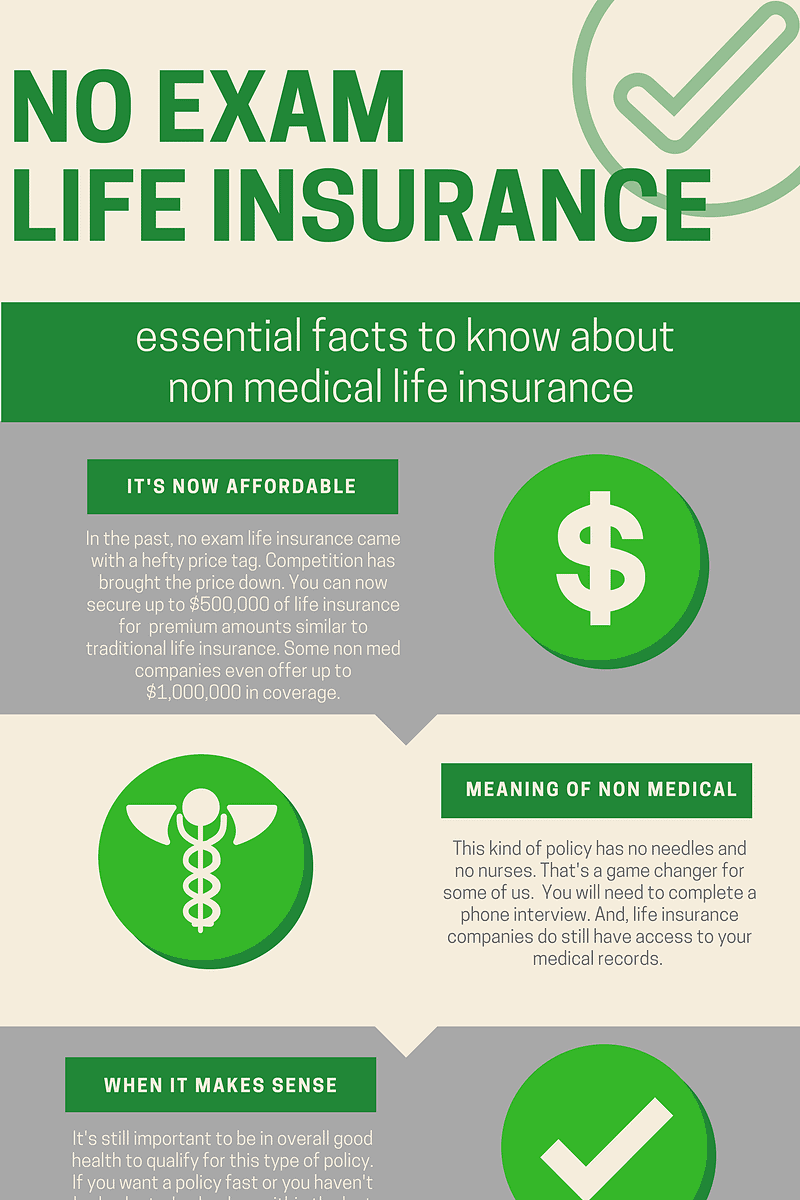Neck and Shoulder Injury from Car Accident
Whiplash is a common neck injury that can occur in a car accident. It’s caused by the sudden, forceful back-and-forth movement of the head and neck. This can happen when a car is hit from behind, from the side, or when it rolls over. Whiplash can cause a variety of symptoms, including:
Shoulder injuries are also common in car accidents. These injuries can range from mild to severe, and they can affect any part of the shoulder, including the bones, muscles, ligaments, and tendons. Some of the most common shoulder injuries include:
- Shoulder dislocation
- Shoulder separation
- Rotator cuff tear
- Shoulder impingement
- Shoulder bursitis
If you’ve been in a car accident, it’s important to see a doctor right away to get checked for neck and shoulder injuries. Even if you don’t feel any pain at the time of the accident, you may still have an injury that could develop into a more serious problem later on. Early diagnosis and treatment of neck and shoulder injuries can help to prevent long-term problems.
Diagnosis
Your doctor will likely ask you about your symptoms and how the accident happened. He or she will also perform a physical examination to check for tenderness, swelling, and range of motion. Imaging tests, such as X-rays or MRI scans, may be ordered to help diagnose the injury.
Treatment
Treatment for neck and shoulder injuries will vary depending on the severity of the injury. Treatment options may include:
- Rest
- Ice
- Heat
- Pain relievers
- Physical therapy
- Surgery
Most neck and shoulder injuries can be treated with conservative measures, such as rest, ice, and physical therapy. However, some injuries may require surgery. Surgery may be necessary to repair a torn ligament or muscle, or to stabilize a dislocated joint.
Recovery
The recovery time for neck and shoulder injuries will vary depending on the severity of the injury. Most people will start to feel better within a few weeks, but it may take several months to fully recover. During your recovery, it’s important to follow your doctor’s instructions for rest, activity, and medication. You should also avoid activities that could aggravate your injury.
Neck and Shoulder Injuries from Car Accidents: A Guide to Causes and Treatment
If you’ve been in a car accident, you may be dealing with neck and shoulder pain. These injuries are common after a crash, and they can be caused by the sudden impact and forceful movements involved. While some neck and shoulder injuries are minor and will heal on their own, others can be more serious and require medical treatment.
Causes of Neck and Shoulder Injuries
Car accidents can cause neck and shoulder injuries in several ways. The sudden impact of a crash can cause your head and neck to jerk backward and forward, which can strain or tear the muscles and ligaments in your neck. The force of the impact can also cause your shoulder to dislocate or fracture.
In addition to the direct impact of the crash, the sudden deceleration of your vehicle can also cause neck and shoulder injuries. When your car stops suddenly, your body continues to move forward, which can put stress on your neck and shoulders.
The type of car accident you’re in can also affect the severity of your neck and shoulder injuries. Rear-end collisions are particularly likely to cause neck and shoulder pain, as the impact of the crash can cause your head and neck to snap back and forth.
Symptoms of Neck and Shoulder Injuries
The symptoms of neck and shoulder injuries can vary depending on the severity of the injury. Some common symptoms include:
- Pain in your neck or shoulder
- Stiffness in your neck or shoulder
- Limited range of motion in your neck or shoulder
- Numbness or tingling in your neck or shoulder
- Weakness in your neck or shoulder
- Headaches
- Dizziness
- Blurred vision
- Nausea
- Vomiting
Treatment for Neck and Shoulder Injuries
The treatment for neck and shoulder injuries will vary depending on the severity of the injury. Minor injuries may only require rest and over-the-counter pain medication. More serious injuries may require physical therapy, chiropractic care, or surgery.
If you’re experiencing any of the symptoms of a neck or shoulder injury after a car accident, it’s important to see a doctor right away. Early diagnosis and treatment can help to prevent further injury and improve your chances of a full recovery.
Neck and Shoulder Injuries from Car Accidents: A Pain You Can’t Ignore
Car accidents are a dime a dozen, but the injuries they cause are far from ordinary. Neck and shoulder injuries are a common aftermath of these collisions, leaving victims in a world of pain and discomfort. If you’ve been involved in a car accident, don’t shrug off neck and shoulder pain as a minor inconvenience. It’s crucial to be aware of the potential symptoms and seek medical attention promptly.
Symptoms of Neck and Shoulder Injuries
The aftermath of a car accident can leave you with a whole host of symptoms, including:
- Pain: Aches and pains in your neck and shoulders are a telltale sign of an injury. The pain can range from a dull ache to a sharp, stabbing sensation.
- Stiffness: Your neck and shoulders may feel stiff and restricted, making it difficult to move your head and arms freely.
- Headaches: Neck and shoulder injuries can trigger headaches, which can range from mild to severe and may be accompanied by nausea and light sensitivity.
- Dizziness: Feeling dizzy or lightheaded after a car accident could indicate an injury to your neck or shoulders. This is especially concerning if you experience dizziness while driving.
- Numbness or tingling: If you’re experiencing numbness or tingling in your hands or arms, it could be a sign of nerve damage caused by a neck or shoulder injury.
What to Do If You Suspect an Injury
If you’re experiencing any of the symptoms mentioned above, it’s essential to seek medical attention as soon as possible. A doctor can diagnose your injury, recommend the appropriate treatment, and help you get on the road to recovery. Ignoring neck and shoulder pain can lead to chronic problems, so don’t hesitate to seek help if you’re in pain.
Remember, your health is paramount. If you’ve been in a car accident, don’t let neck and shoulder pain sideline you. Take charge of your recovery and seek medical attention today.
Ouch! Did you know that over 17,000 people suffer from neck and shoulder injuries in car accidents each year?
Symptoms of Neck and Shoulder Injuries
After a car accident, it’s essential to be aware of the symptoms of neck and shoulder injuries. These can include pain, stiffness, headaches, dizziness, and numbness or tingling. If you’re experiencing any of these symptoms, it’s important to see a doctor right away to rule out any serious injuries.
How Do I Know If My Neck Or Shoulder Is Injured?
Diagnosing neck and shoulder injuries from car accidents typically involves a physical examination, medical history review, and imaging tests such as X-rays or MRI scans. Your doctor will ask you about your symptoms and how the accident happened. They will also perform a physical examination to check for any tenderness, swelling, or bruising. Imaging tests may be ordered to confirm the diagnosis and rule out any other injuries.
Treatment for Neck and Shoulder Injuries
The treatment for neck and shoulder injuries from car accidents will vary depending on the severity of the injury. Treatment may include rest, ice, pain medication, physical therapy, or surgery. In most cases, neck and shoulder injuries from car accidents will heal with time and treatment. However, some injuries may cause permanent damage.
Preventing Neck and Shoulder Injuries
There are a few things you can do to prevent neck and shoulder injuries from car accidents. These include wearing a seatbelt, adjusting your seat to the proper position, and taking breaks on long drives. By following these tips, you can help reduce your risk of injury in the event of a car accident.
Neck and Shoulder Injury from Car Accident: A Guide to Treatment and Recovery
In the distressing aftermath of a car accident, neck and shoulder injuries are all too common, leaving victims grappling with pain and discomfort. As you navigate the path to recovery, understanding the treatment options available is crucial. This guide will shed light on the various approaches to alleviate your pain and restore your well-being.
Treatment Options for Neck and Shoulder Injuries
The treatment plan for neck and shoulder injuries from car accidents is tailored to the severity and nature of the injury. Let’s delve into the most common treatment options:
**Pain Medication:**
Over-the-counter pain relievers, such as ibuprofen and acetaminophen, can provide immediate relief from mild to moderate pain. For more severe pain, prescription painkillers may be prescribed.
**Physical Therapy:**
Physical therapy plays a vital role in rehabilitation by strengthening weakened muscles, improving range of motion, and alleviating pain. Exercises and manual therapies can help restore flexibility and mobility.
**Chiropractic Care:**
Chiropractors use manual adjustments to correct misalignments in the spine and restore proper nerve function. These adjustments can alleviate pain, improve posture, and promote healing.
**Surgery:**
In rare cases, surgery may be necessary to address severe neck or shoulder injuries, such as herniated discs or torn ligaments. Surgery aims to stabilize the affected area, relieve pain, and restore function.
**Alternative Therapies:**
Some individuals may find relief from alternative therapies such as massage, acupuncture, and yoga. These therapies can promote relaxation, reduce pain, and improve flexibility.
Neck and Shoulder Injuries from Car Accidents: A Pain in the Neck
Car accidents can be a nightmare, and unfortunately, neck and shoulder injuries are all too common. These injuries can range from minor strains and sprains to serious fractures and dislocations. The good news is that most neck and shoulder injuries will heal with time and proper treatment. However, the recovery time can vary greatly depending on the severity of the injury.
Recovery Time for Neck and Shoulder Injuries
The recovery time for neck and shoulder injuries from car accidents varies depending on the severity of the injury, but it is not uncommon for it to take several weeks or months to heal. Minor strains and sprains may only take a few days or weeks to heal, while more serious injuries may take several months or even years to fully recover. In some cases, surgery may be necessary to repair damaged tissue or stabilize the neck or shoulder.
Common Symptoms
Some common symptoms of neck and shoulder injuries from car accidents include:
– Neck pain
– Shoulder pain
– Stiffness
– Reduced range of motion
– Headaches
– Dizziness
– Nausea
– Numbness or tingling in the arms or hands
Treatment Options
Treatment for neck and shoulder injuries from car accidents typically involves a combination of rest, ice, and physical therapy. In some cases, medication may also be necessary to relieve pain and inflammation. In severe cases, surgery may be necessary to repair damaged tissue or stabilize the neck or shoulder.
Preventing Neck and Shoulder Injuries
There are a few things you can do to help prevent neck and shoulder injuries from car accidents:
– Wear your seatbelt every time you drive or ride in a car.
– Adjust your seat so that you are sitting up straight and your head is supported by the headrest.
– Avoid driving while tired or under the influence of alcohol or drugs.
– Be aware of your surroundings and drive defensively.
When to See a Doctor
If you have any of the symptoms of a neck or shoulder injury from a car accident, it is important to see a doctor right away. Early diagnosis and treatment can help to prevent serious complications and speed up your recovery.
Neck and Shoulder Injuries from Car Accidents: A Guide to Prevention and Treatment
Car accidents can be a terrifying and potentially life-altering experience. Not only can they cause physical injuries, but they can also lead to emotional and financial distress. One of the most common injuries sustained in a car accident is a neck or shoulder injury. These injuries can range from mild to severe, and they can have a significant impact on your quality of life.
Preventing Neck and Shoulder Injuries in Car Accidents
While car accidents cannot always be prevented, there are steps you can take to reduce the risk of neck and shoulder injuries, such as wearing a seatbelt and maintaining a safe following distance. Additionally, you can adjust your driving position to minimize the chances of injury. Make sure your seat is close enough to the steering wheel so that you can reach it comfortably without stretching, and that the seatback is upright enough to support your back.
Common Causes of Neck and Shoulder Injuries in Car Accidents
Neck and shoulder injuries in car accidents are typically caused by sudden and forceful movements of the head and neck. These movements can occur in any direction, but they are most common in rear-end collisions. When a car is struck from behind, the force of the impact can cause the head and neck to whip back and forth violently. This can result in a variety of injuries, including:
- Neck strains and sprains
- Shoulder strains and sprains
- Whiplash
- Herniated discs
- Nerve damage
Symptoms of Neck and Shoulder Injuries
The symptoms of neck and shoulder injuries can vary depending on the severity of the injury. Some of the most common symptoms include:
- Pain
- Stiffness
- Loss of range of motion
- Numbness
- Tingling
- Weakness
Treatment for Neck and Shoulder Injuries
The treatment for neck and shoulder injuries will vary depending on the severity of the injury. In most cases, conservative treatment measures, such as rest, ice, and pain medication, will be sufficient. However, in some cases, more aggressive treatment measures, such as surgery, may be necessary.




Leave a Reply